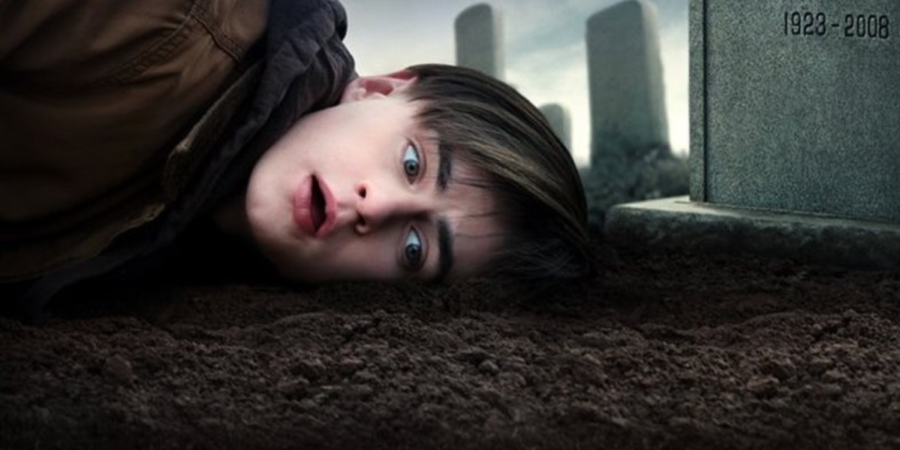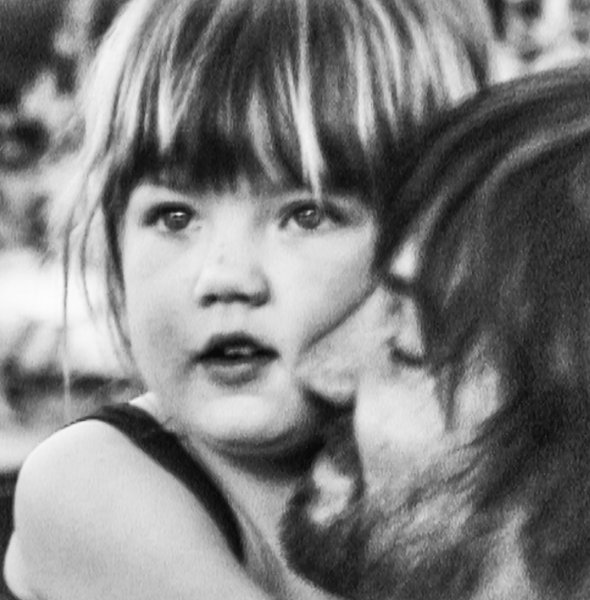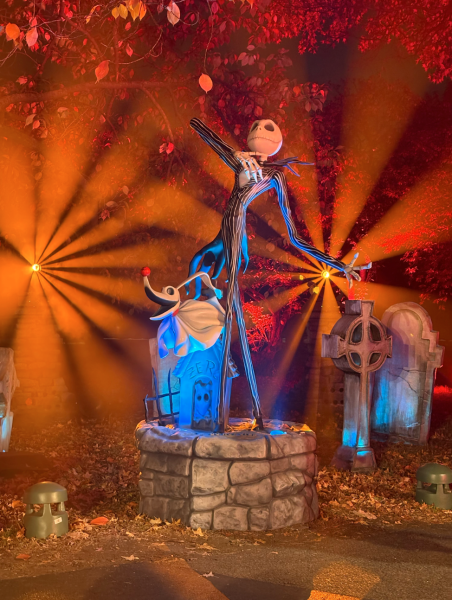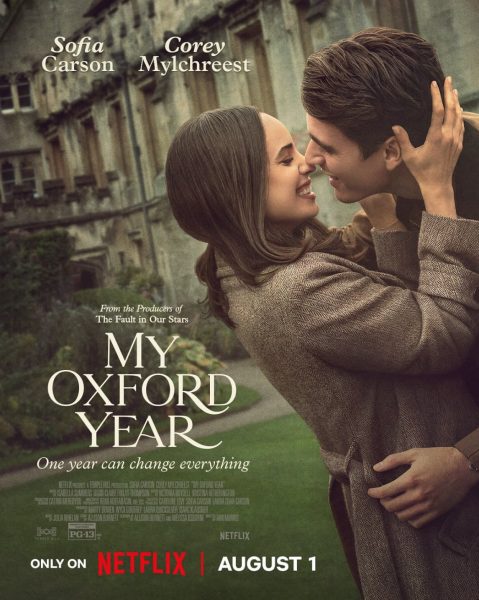Don’t Answer “Mr. Harrigan’s Phone”
Forget Ouija boards. What if your phone could communicate with the dead? This is essentially the plot of “Mr. Harrigan’s Phone,” a new Netflix Original film released earlier this month that is based on a Stephen King novella of the same name. Written and directed by John Lee Hancock, “Mr. Harrigan’s Phone” is one of many films that feature technology as a conduit through which to communicate with the supernatural. Considering our world is technologically driven, it should come as no surprise that recent horror films have meditated on the supernatural capability of tech. “Unfriended” (2014) centers around a possessed Skype call and was the first feature film to take place exclusively on a computer screen. 2020 saw the release of “Host,” in which a Zoom becomes haunted after its participants hold a virtual seance over the call. “Mr. Harrigan’s Phone” is another example in a long line of supernatural tech horror, but whether it is a nice addition to this burgeoning genre is a fraught question.
The film begins when Craig (Jaeden Martell) is recruited by retired businessman Mr. Harrigan (Donald Sutherland) to read to him three times a week. As the years go by the two become close friends, offering each other a companionship that the other needs. After receiving his iPhone and running into some extra money with a lottery ticket given to him by Mr. Harrigan, Craig decides to gift the elderly man an iPhone as well. Mr. Harrigan suddenly dies and Craig decides to place the phone in the coffin with Mr. Harrigan. In his grief, Craig sends a text to Mr. Harrigan only to be spooked when he receives a text back from the dead man. When the suspicious death of a bully occurs after Craig leaves Mr. Harrigan a voicemail about him, he resolves to rid himself of the phone. Doing so, however, would mean confronting the consequences of his actions and letting go of the past.
With big names in horror behind its production, one would expect “Mr. Harrigan’s Phone” to be filled to the brim with decadent horror. Ryan Murphy, creator of “American Horror Story,” Jason Blum of Blumhouse Productions and Stephen King himself all served as executive producers on the project. “Mr. Harrigan’s Phone” houses the modern cinematic horror trifecta— so, why is it so mediocre? For one thing, its concept reads more as a PSA against the ill effects of cell phones on the human psyche than a horror film or even a thriller. Before his death, Mr. Harrigan embarks on several monologues telling Craig that cell phones are the beginning of the end in terms of personal privacy, print journalism and human relationships. He isn’t wrong — the current digital era has made the world more connected than ever via the internet and social media, but its innovative tech has made us increasingly disconnected from one another. However, did we need this sentiment communicated to us through incomprehensible text messages on a haunted phone?
“Mr. Harrigan’s Phone” also suffers from pacing issues that make this short story feel disjointed. The film is structured over several years, so it naturally contains a couple of jumps in time. Craig’s freshman year of high school takes up the majority of the film, which is logical since this is around the time Mr. Harrigan dies. However, two-thirds of the way in we are confronted with a three-year time jump in which Craig grows from a high school freshman to a freshman college student. Because the film’s source material is a novella, it would make sense to have a story jump around in time because of the concise narrative structure. However, “Mr. Harrigan’s Phone” did not adapt this short story well to the screen.
The performances are also pretty subpar. Martell, who starred as Bill Denbrough in the 2017 film adaptation of King’s novel “It,” could not showcase his talents in Hancock’s muddled script. Sutherland stole the scene in the limited amount of screen time he had in the film, but even his performance was lacking.
“Mr. Harrigan’s Phone” is a horror film sans horror and a lackluster commentary on our attachments to our cell phones. The sprawling shots of autumnal New England are enough to get the viewer in the Halloween spirit but at the expense of little to no supernatural content. There are better things to watch this Halloween season than “Mr. Harrigan’s Phone,” but it does prove one thing: if you’re receiving suspicious text messages, maybe you should update that phone of yours.











































































































































































































